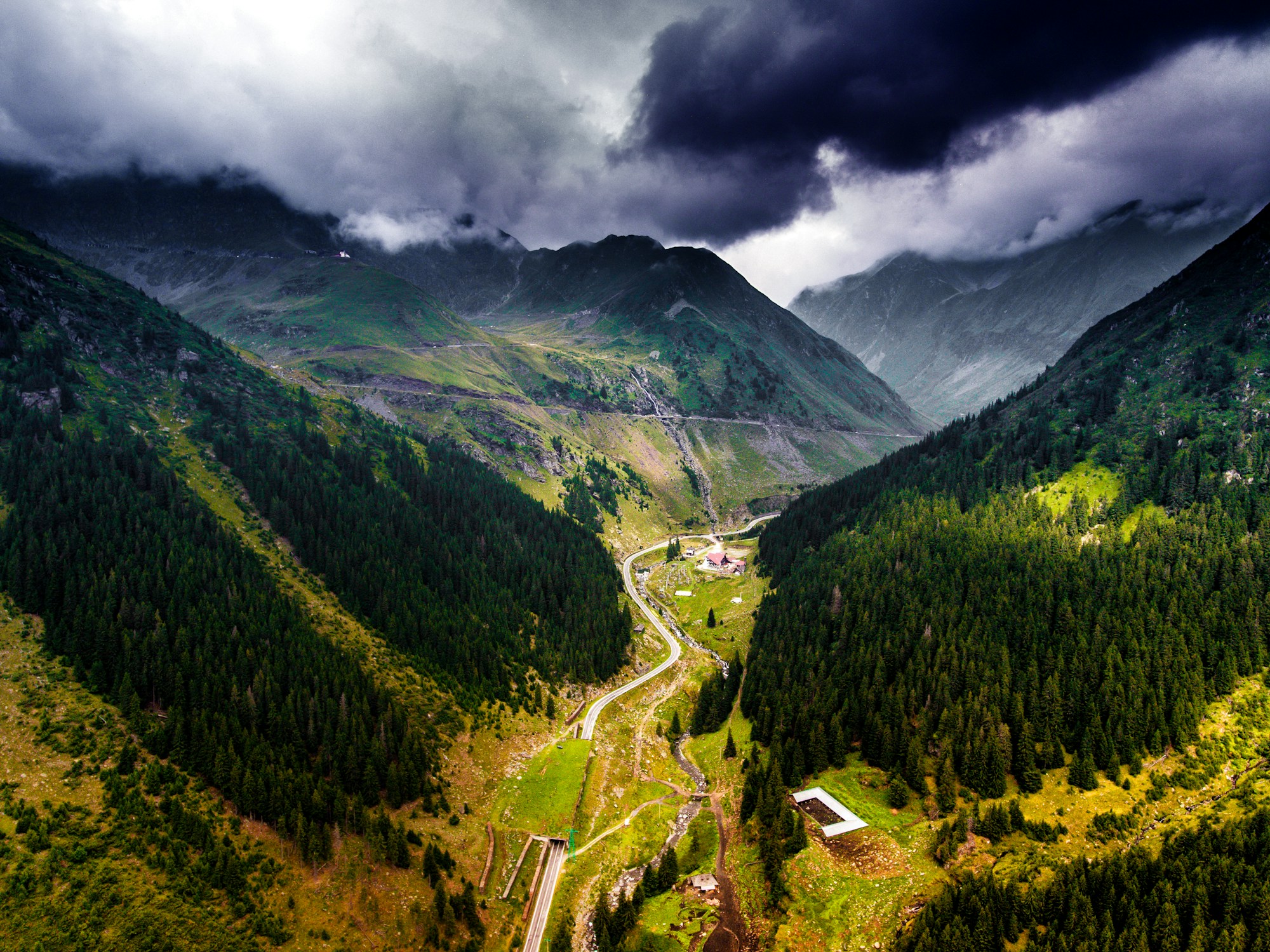Exploring Romanian Heritage: Culture, Traditions & Festivals

Exploring Romanian Heritage: Culture, Traditions & Festivals
Romania, a captivating country in Eastern Europe, boasts a rich heritage rooted in its fascinating culture, traditions, and vibrant festivals. From the charming villages nestled in the Carpathian Mountains to the buzzing cities like Bucharest and Cluj-Napoca, Romania offers a diverse and immersive experience for travelers.
The Romanian Culture
The Romanian culture is a tapestry woven with influences from various civilizations, including Roman, Ottoman, Greek, and Dacian. The traditions and customs of Romania reflect its complex history and are deeply ingrained in everyday life.
One of the most prominent aspects of Romanian culture is its folklore, which is celebrated through music, dance, and storytelling. Traditional costumes, adorned with intricate embroidery and vibrant colors, can still be seen on special occasions and at festivals.
Language plays a significant role in the preservation of Romanian culture. Romanian, a Romance language with Latin roots, is the official language of the country. Hearing the melodic tones of Romanian spoken on the streets is a testament to the country's cultural identity.
Religion is another pillar of Romanian culture. The majority of Romanians follow Eastern Orthodox Christianity, and churches and monasteries are found throughout the country. Religious celebrations, especially during Easter and Christmas, are elaborate and deeply cherished.
Traditional Romanian Traditions
Many traditional Romanian customs and rituals have been passed down through generations. These traditions offer a glimpse into the country's rural heritage and community spirit.
One such tradition is Martisor, celebrated on March 1st. During this festival, people give each other small trinkets, usually red and white, as a symbol of good luck and the arrival of spring. The Martisor is worn throughout the month, then tied to a blossoming tree or thrown into a river as a gesture of renewal and fertility.
Another cherished tradition is the "Hora," a traditional circle dance performed at weddings, holidays, and other joyous gatherings. Participants join hands and move in a rhythmic and lively dance, symbolizing unity and harmony within the community.
Romanians also have a deep reverence for their agricultural roots, with harvest festivals being an integral part of the culture. Events such as the "Serbarea Culesului" celebrate the bountiful harvest through music, dance, traditional food, and folk performances.
Colorful Romanian Festivals
Romania is renowned for its vibrant festivals, which showcase the country's artistic expression, culinary delights, and cultural diversity. These festivals draw both locals and tourists from around the world, creating a lively and joyful atmosphere.
One of the most famous festivals in Romania is the "Suceava Medieval Festival," held in the historical city of Suceava. Visitors are transported back in time to the Middle Ages, as they witness knights' battles, watch vibrant parades, and indulge in medieval delicacies.
The "George Enescu Festival" is a celebration of classical music, honoring Romania's renowned composer, George Enescu. Held in Bucharest, this festival brings together internationally acclaimed musicians and orchestras, captivating audiences with their exceptional performances.
For lovers of folklore and traditional crafts, the "National Folk Art Fair" in Bucharest showcases the country's rich artistic heritage. Visitors can browse and purchase handmade crafts, listen to traditional music, and witness captivating dance performances.
During the "Mărțișor Festival" in Blaj, participants come together to celebrate the beginning of spring. The festival features traditional music concerts, dance performances, and a lively market where locals sell beautifully crafted Martisor trinkets.
These are just a few examples of the numerous festivals that take place throughout the year in Romania. Each festival is a unique opportunity to immerse oneself in the country's cultural tapestry and experience the warm hospitality of the Romanian people.
